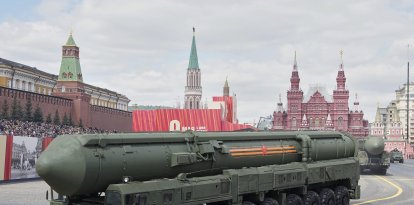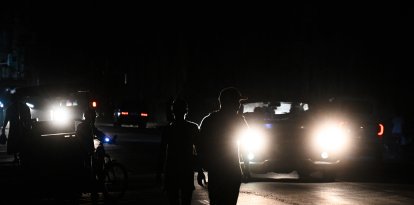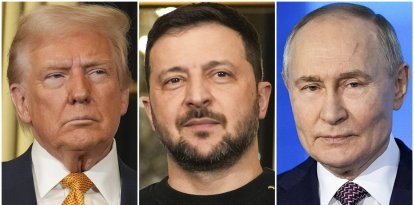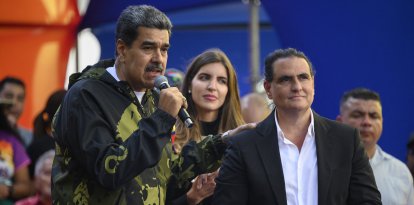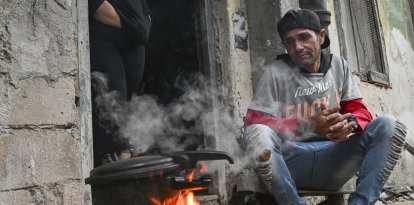Completely in the dark: Nicolás Maduro blocks X amid unprecedented wave of repression in Venezuela
The dictator argued that the social network violated its own rules and incited "hatred".

Venezuelan dictator Nicolas Maduro, following the 2024 elections.
In a move aimed at controlling the narrative and reducing dissent, Nicolas Maduro ordered the suspension of X(formerly known as Twitter), in Venezuela for a period of ten days. According to the Venezuelan dictator, this measure responds to serious violations of the social network's policies and alleged incitement to hatred and confrontation among Venezuelans.
"The social network formerly known as Twitter, owned by Elon Musk, has violated all the rules of the social network itself. Twitter, today known as X, has incited hatred, fascism, civil war, death, confrontation among Venezuelans," Maduro said during a public speech. In response to these accusations, Maduro signed a decree proposed by the National Telecommunications Commission (Conatel) to order the temporary suspension of the platform.
"X get out of Venezuela for 10 days! Get out Elon Musk!" the dictator shouted from the Miraflores Presidential Palace in Caracas, without specifying the exact date of the start of the ban.
Public dispute between Maduro and Musk.
Nicolás Maduro and Elon Musk have exchanged criticisms through social networks, generating a notable public dispute. Last week, at a press conference with foreign correspondents, the dictator even challenged the billionaire investor to a physical confrontation.
"Do you want a fight, Elon Musk? I'm ready, I'm the son of Simón Bolívar and Hugo Chávez, I'm not afraid of you," declared the Venezuelan leader, who had already issued a similar challenge after the recent elections.
Musk responded with a publication on X (formerly Twitter), accepting the challenge and proposing additional conditions: if he won, Maduro should "resign as dictator of Venezuela," while, otherwise, he would grant him a "free ride to Mars" through his company SpaceX.
The new battle for control of information
Maduro has intensified his attacks against social networks since he proclaimed himself as the winner of the most recent presidential elections. This week, the dictator urged his followers to delete WhatsApp, accusing the popular messaging app of being a "spying system" that threatens the country's security. Maduro claimed that WhatsApp was used to disseminate information that, according to him, facilitated threats against Venezuelan society following the controversial presidential elections, in which he was declared the winner without presenting conclusive evidence, while the opposition maintains that the real winner was Edmundo González Urrutia.
In addition to his criticism of WhatsApp, Maduro has accused the opposition of using networks such as TikTok and Instagram to foment hatred and destabilize the country. According to the dictator, these platforms were instrumentalized by the opposition to create a network to protect the vote, which the government describes as promoting violence.
These statements take place in a context where 70.8% of Venezuelans, according to a survey by More Consulting, resort to social networks for information on political issues, underlining the importance of these platforms in the daily and political life of the country.













